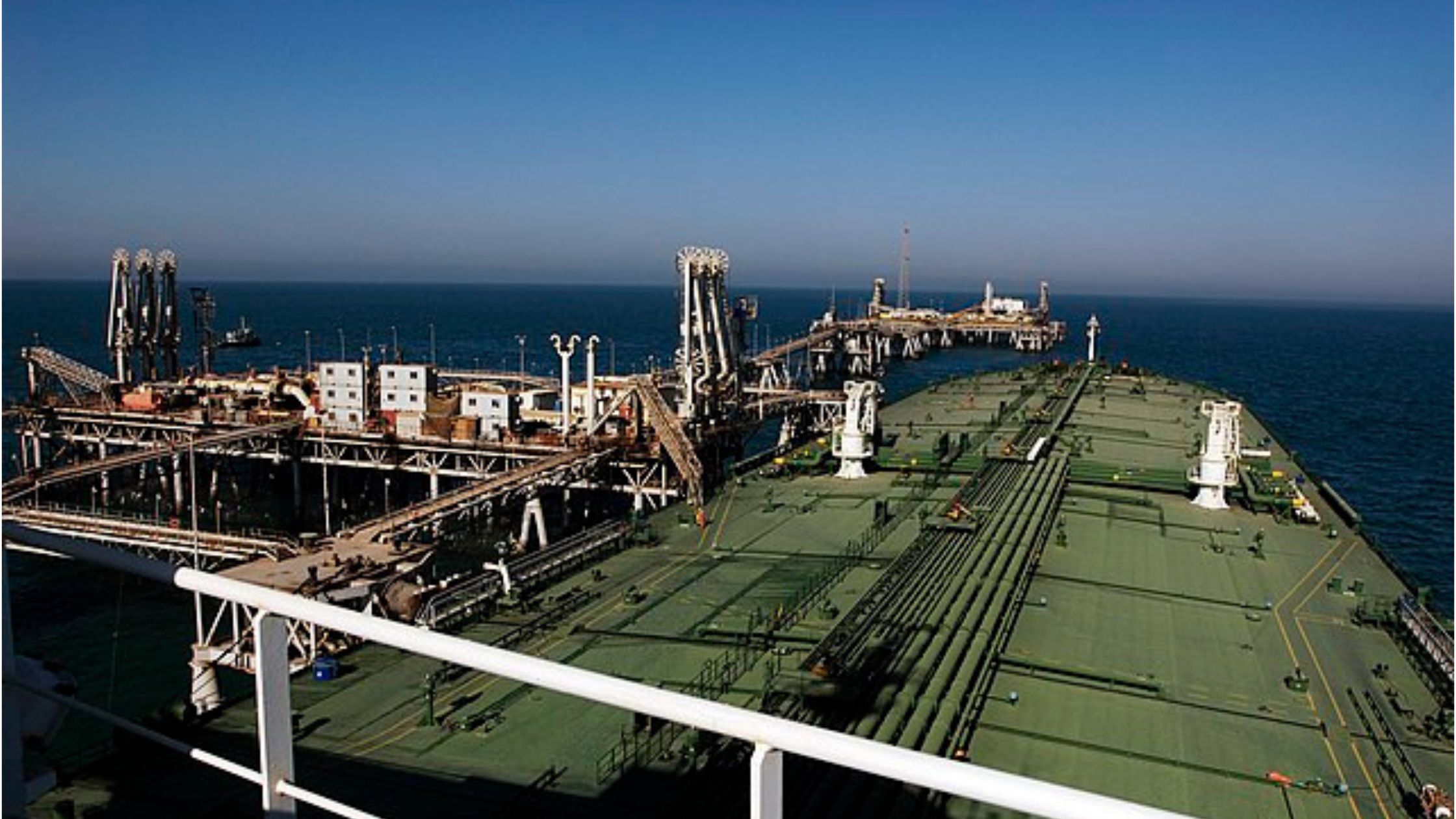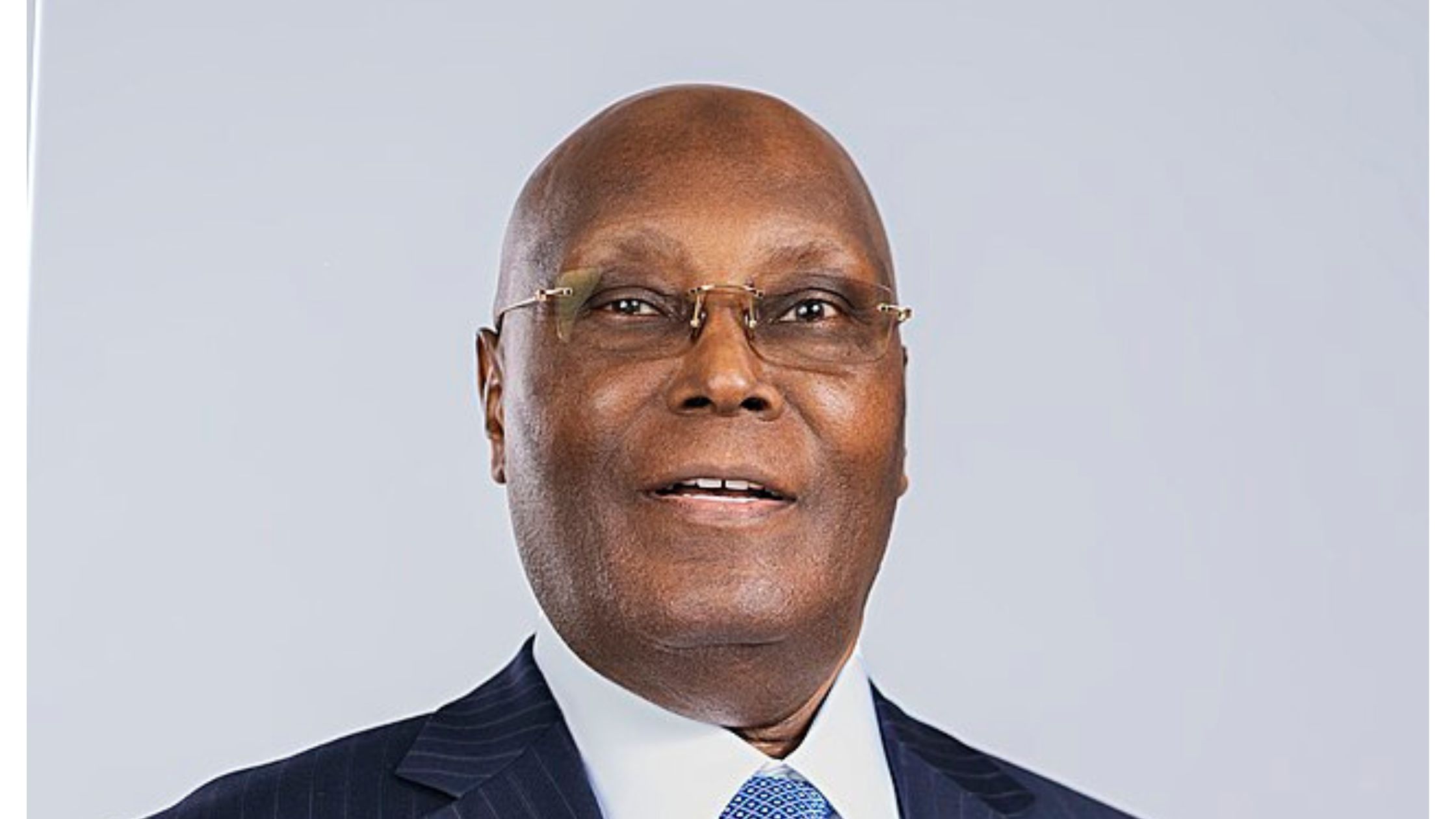Donald Trump’s revived tariff policies, particularly on foreign energy imports, are beginning to ripple far beyond American shores — and Nigeria’s oil-dependent economy is feeling the impact.
The Trump-aligned Republican bloc in Congress has recently supported new tariff measures on select energy imports, aimed at boosting U.S. oil production and discouraging reliance on foreign crude. But these policies are squeezing key exporters like Nigeria, which relies on oil for more than 85% of its export revenue.
While the U.S. is no longer Nigeria’s top oil customer, the global energy market is interconnected — and the tariff announcements have already triggered price shifts, weakened demand forecasts, and raised transportation costs.
“The uncertainty these tariffs create hurts everyone,” said Bayo Ogunleye, a Lagos-based energy economist. “But for a country like Nigeria, where the economy is tethered to crude exports, even small price disruptions can cause big budget problems.”
Nigeria’s economy, already under pressure from inflation, naira devaluation, and debt servicing, can hardly afford another external shock. Reduced oil revenue could further strain public services, delay infrastructure projects, and weaken investor confidence.
Meanwhile, analysts warn that Nigeria’s dependence on crude exports — with limited diversification — makes it especially vulnerable in a volatile market shaped by protectionist policies like Trump’s.
“The world is moving toward energy self-sufficiency and transition. Nigeria is stuck in the past,” said oil policy expert Maryam Danjuma. “If we don’t rethink our model, tariffs like Trump’s won’t be the last blow we take.”







Leave a Reply